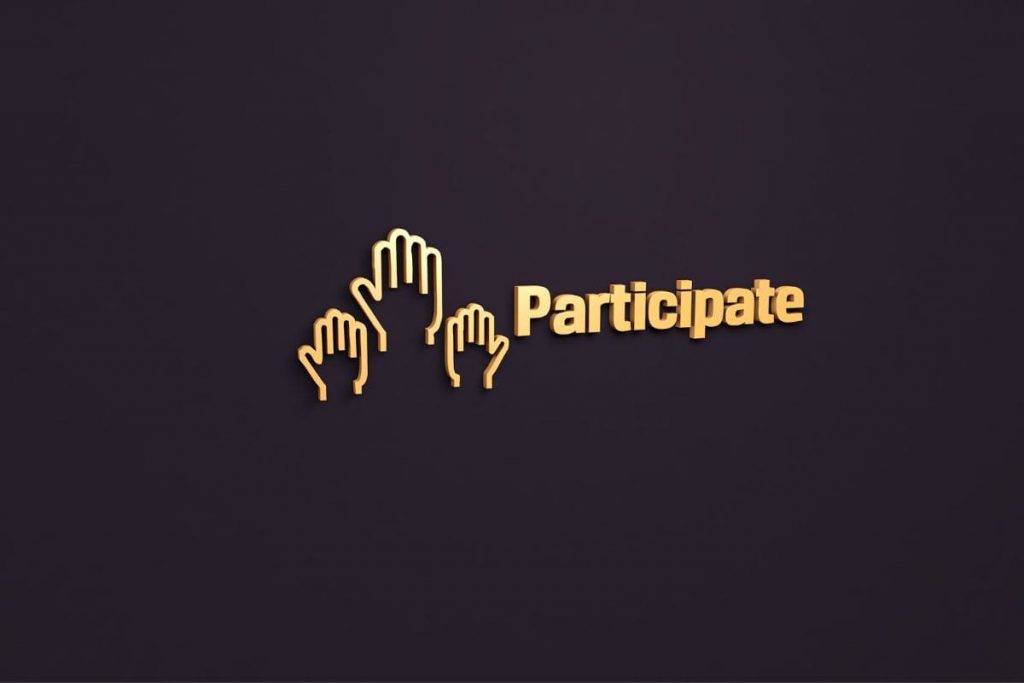In many educational settings, class participation is often a staple of the grading system. While it aims to encourage engagement and foster a collaborative learning environment, this method might not be as equitable as educators would like to think. In fact, it has the potential to disproportionately impact introverted students.
Introverts, by nature, are more likely to take a quieter, more reflective stance in social situations. This inherent personality trait shouldn’t be conflated with a lack of interest or capability in a subject. Unfortunately, class participation requirements often do just that, penalizing introverted students for not participating as enthusiastically as their extroverted peers.
It is crucial to acknowledge that people have different learning styles and communication preferences. This article will delve into the ways in which class participation grading can negatively affect introverted students and provide some suggestions to promote a fairer evaluation system.
The Importance Of Class Participation

Class participation has long been considered a crucial aspect of the learning experience. Teachers often view it as an effective way to gauge a student’s understanding and engagement with the subject matter. By actively participating in class discussions and asking questions, students can demonstrate their comprehension of the topic and challenge themselves to think critically.
Moreover, class participation can foster a sense of community and collaboration within the classroom. When students engage in discussions, they learn from one another, exchange ideas, and spark creativity. This can lead to deeper conversations and a more enriched educational experience.
On the topic of deep conversations, we can help you with: Powerful 30 deep questions to get to know someone.
Additionally, many educators believe that class participation helps students develop essential soft skills, such as communication, problem-solving, and teamwork. These abilities are not only vital for academic success but also valuable for student’s future careers and personal lives.
Despite its benefits, class participation as a graded aspect of schoolwork may disproportionately impact introverts. In the following sections, we will explore this issue and propose alternatives that allow all students to thrive.
Understanding Introverts

Introverts are individuals who tend to focus on their inner thoughts and feelings, often gaining energy from solitude and quiet environments. This section will highlight the key characteristics of introverts and how they typically perform in classroom settings.
Characteristics Of Introverts
Introverts possess various traits that distinguish them from their extroverted counterparts. Some common characteristics of introverted individuals include:
- Preference for solitude and quiet environments.
- Deep thinkers and good listeners.
- May come across as shy or reserved.
- Take time to formulate thoughts and ideas before speaking.
It is crucial to note that not all introverts have the same set of traits, as introversion-extroversion exists on a spectrum.
Introverts in the Classroom
For introverted students, the classroom can be challenging in various ways:
| Challenge | Description |
| Participation | Introverted students may be hesitant to speak up in class discussions, leading to lower class participation grades. |
| Group work | Introverts often prefer working independently, making group work less appealing and sometimes less effective for them. |
| Processing time | As deep thinkers, introverted students may need more time to formulate their thoughts and ideas, which can be challenging in fast-paced classes. |
It is essential for educators to consider these challenges when it comes to grading class participation. Alternative assessment methods, like written reflections or online discussions, can provide introverted students with an opportunity to demonstrate their understanding in a more comfortable setting.
The Flaws In Class Participation Grading

Bias Toward Extroverted Behaviors
Class participation grading often favors extroverted students who feel comfortable speaking up in group settings. Teachers may mistakenly interpret talkativeness as engagement, even though introverts may be just as engaged but prefer to express themselves in different ways.
This bias may lead to introverted students receiving lower participation grades despite their level of understanding and dedication to the material.
Ignoring Other Forms Of Engagement
Assessing class participation only through active verbal contributions overlooks the many other ways a student may be involved in the learning process. Introverts may engage in various forms of non-verbal participation, such as attentive listening, deep thinking, and reflective note-taking. By prioritizing verbal engagement over other forms, this grading system does not capture the full spectrum of a student’s involvement in class.
Furthermore, when assigning grades based on participation, teachers may inadvertently send the message that only vocal contributions hold value. This can discourage quieter students from participating fully and confidently in their preferred style of engagement. Below is a table that demonstrates a more holistic approach to evaluating participation, with examples of both verbal and non-verbal engagement:
| Verbal Engagement | Non-Verbal Engagement |
| Active participation in discussions | Attentive listening |
| Asking and answering questions | Deep thinking and reflection |
| Sharing thoughts and ideas in group work | Taking comprehensive notes |
Ultimately, it is crucial for educators to recognize that effective engagement in class can take many forms. By acknowledging and valuing diverse learning styles, teachers can create a more inclusive classroom environment and set all students up for success.
Alternative Assessment Methods

Instead of exclusively relying on in-class participation for grading, there are other assessment methods that can provide a fair evaluation for introverted students as well. In this section, we will discuss three alternative assessment methods: Written Reflections, Individual Conferences, and Online Discussions.
Written Reflections
Written reflections are an excellent way to help introverted students express their thoughts and demonstrate their understanding of the course material. Have you ever thought about why do introverts prefer writing over talking?
By giving students the opportunity to reflect on readings, lectures, or class activities in writing, instructors can gain a deeper understanding of their perspectives and comprehension.
Here are some formats that can be used for written reflection assignments:
- Reading response journals
- Reflective essays
- End-of-unit summaries
Individual Conferences
Individual conferences allow instructors to engage with their students one-on-one in a less intimidating environment. These conferences can be used to discuss students’ understanding of specific topics, assess their strengths and weaknesses, and develop a plan for improving their academic performance.
Some ideas for implementing individual conferences include:
- Mid-semester progress meetings
- Project consultations
- End-of-course review sessions
Online Discussions
Implementing online discussions can provide introverted students with a platform to engage with their peers and instructors in a more comfortable manner. Online forums offer students the time they need to formulate their thoughts before responding and allow for meaningful conversations.
There are various tools that can be used to facilitate online discussions, such as:
- Discussion boards within the learning management system (LMS)
- Group chats and video conferences
- Social media platforms with privacy controls
What We Learned

Class participation grading systems can disproportionately affect introverted students, as their natural tendencies may lead them to be quieter and more reflective in the classroom. It’s important for educators to recognize and address these differences in learning and communication styles, in order to create a more inclusive learning environment.
Teachers can employ a range of strategies to ensure that all students, regardless of their disposition, have the opportunity to thrive. Some possibilities include:
- Providing alternative methods for participation, such as offering online discussion forums or written assignments.
- Allowing students to participate in smaller group discussions, where introverts may feel more comfortable expressing their ideas.
- Offering clear guidelines for what is expected in terms of class participation, and providing opportunities for students to practice and build on these skills over time.
- Reducing the emphasis on verbal participation in grading, to help minimize any bias against introverted students.
By taking these steps, educators can help promote a more equitable learning environment that values the diverse contributions and learning styles of all students.

